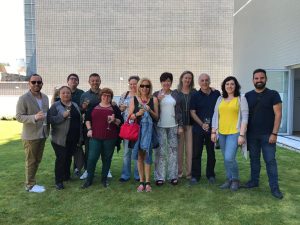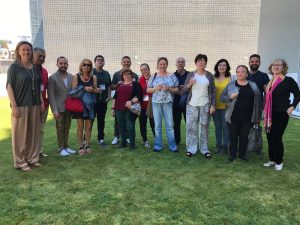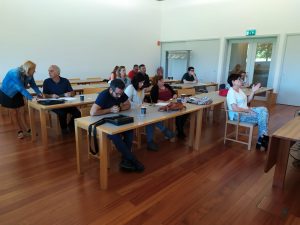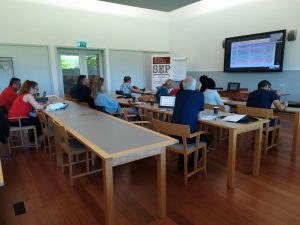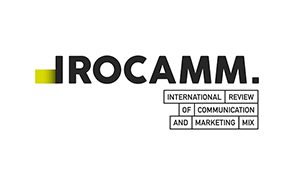IROCAMM
[Artículo] Communication and advertising in NGDOs: Present and future
Autores: Aránzazu Román-San-Miguel, Jesús Díaz Cruzado
Non-Governmental Organizations for Development (NGDOs), as part of the Third Sector, coexist in society with large business conglomerates, trade unions, public entities, etc. that use communication to improve their bottom line, whether tangible or not. New technologies and the Internet are becoming indispensable tools to reach audiences, increasingly influenced by social networks, work, blogs, and so on. At a time when solidarity is more necessary than ever and administrative support is diminishing, NGDOs need to communicate what they do and how they do it, because their survival and that of those they assist is at stake. This paper seeks to highlight the lack of communicators in NGDOs throughout their existence. It shows that today most NGDOs still do not have expert communication officers, but they do have digitally trained people in their ranks in order to make themselves known and attract the attention of their target audiences. It seems that in the not too distant future communication will become a fundamental pillar for social entities.
Recuperado de: https://irocamm.com/communication-advertising-ngdos-present-future/
[Artículo] False news and the work of information professionals in the coverage of events
Autora: Nuria Sánchez-Gey Valenzuela
In this article we wanted to analyze the increase of false news or fake news and its relationship with the work of television journalists in the coverage of events. The realization of this study is justified since this fact can not only influence the journalistic work, but also the information that reaches the spectators and their conception of the world. For the study we have used methodologically the structural approach and the professional empiricism. Within the main findings it is demonstrated that the falsified news hide interests that are over the margin of maneuver that the journalist of foot has to avoid them. Also, television companies -which are the ones that ultimately control what information they give or not- decide to include falsified news for the economic benefit that they may entail. This false news is affecting the fundamental right of Spanish citizens and therefore distorting the role of the media and, in particular, the social function that journalists have entrusted. The biggest limitation of this study is that the professionals who have been part of it work for a means of communication and this fact has been able to condition their participation.
Recuperado de: https://irocamm.com/false-news-work-information-professionals-coverage-events/
[Artículo] Contemporary terrorism in Syria through political cartoons
Autora: Salud Adelaida Flores Borjabad
The development of terrorist groups have been an extremely important issue after the civil war in Syria. However, the image of Arab and Islamic society has been transformed into an evil vision. In contrast, the development of political cartoons has provided an alternative vision of this kind of terrorism as they have become an alternative media. Therefore, the aim of this research is to analyze and study the development of terrorism in Syria after the civil war and observe the different ways in which the terrorism has been analyzed in media. Consequently, a qualitative methodology has been used in which documents and political cartoons before and after the development of this terrorism have been analyzed carefully. In addition to this, a visual ethnographic method has been drown on in order to describe and contextualized the cartoons that has been selected for this research.
Recuperado de: https://irocamm.com/contemporary-terrorism-syria-political-cartoons/
PlatCom da la bienvenida a IROCAMM
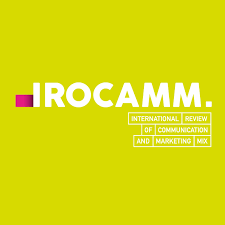 PlatCom da la bienvenida a la revista IROCAMM tras ser aprobado su ingreso en la VIII Asamblea de Plataforma de Revistas de Comunicación.
PlatCom da la bienvenida a la revista IROCAMM tras ser aprobado su ingreso en la VIII Asamblea de Plataforma de Revistas de Comunicación.
IROCAMM – Intenational Review Of Communication And Marketing Mix es una revista académica de periodicidad semestral que se publica en formato digital
La revista IROCAMM – Intenational Review Of Communication And Marketing Mix surge de la necesidad de transferir conocimiento a la sociedad sobre cada uno de los campos de trabajo de la comunicación, como variable del marketing mix y sus respectivas influencias o consecuencias, como pueden ser la publicidad comercial, las relaciones públicas de empresas comerciales o la propias variables precio y distribución, siempre desde el punto de vista de su influencia en la variable comunicación.
De alcance internacional y abierta a profesores e investigadores de todos los países, IROCAMM – Intenational Review Of Communication And Marketing Mix pretende cubrir una amplia gama de temas dentro del campo de los estudios sobre comunicación comercial y su relación con el resto de variables de marketing mix: precio, producto y distribución.
IROCAMM – Revista Internacional de Comunicación y Marketing Mix es una revista científica digital cuyos objetivos son la difusión de artículos científicos sobre comunicación comercial y corporativa, así como también marketing e investigación de mercado.
- Ver página web de IROCAMM: https://irocamm.com/
- Facebook: https://www.facebook.com/
IROCAMM/ - Twitter: https://twitter.com/irocamm
- ← Previous
- 1
- …
- 10
- 11
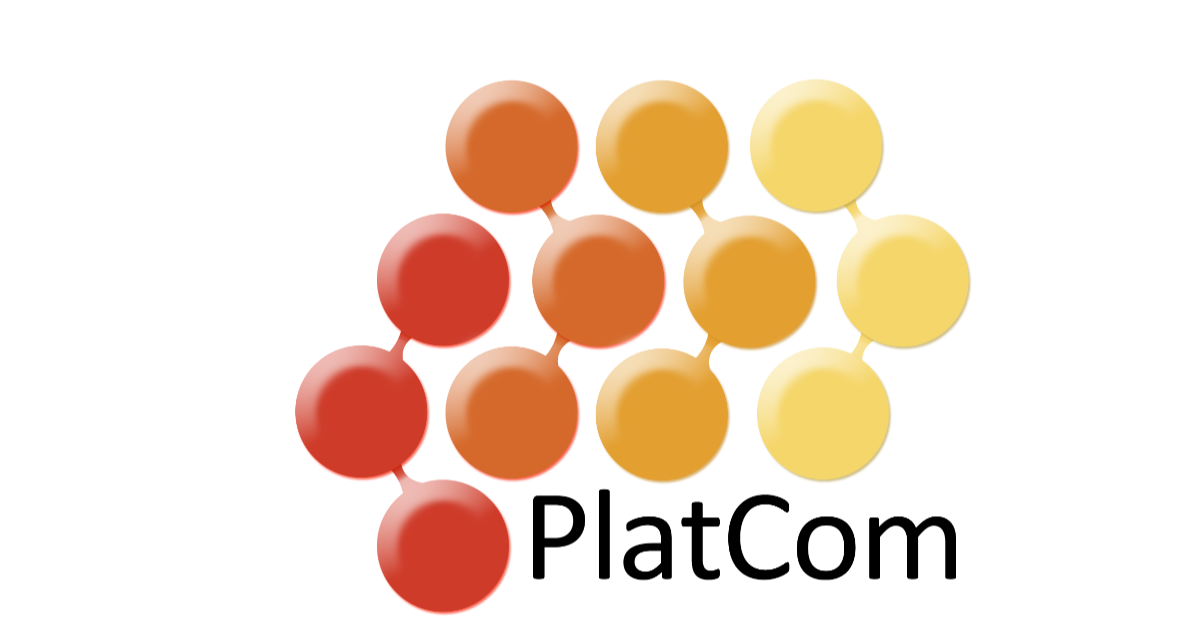

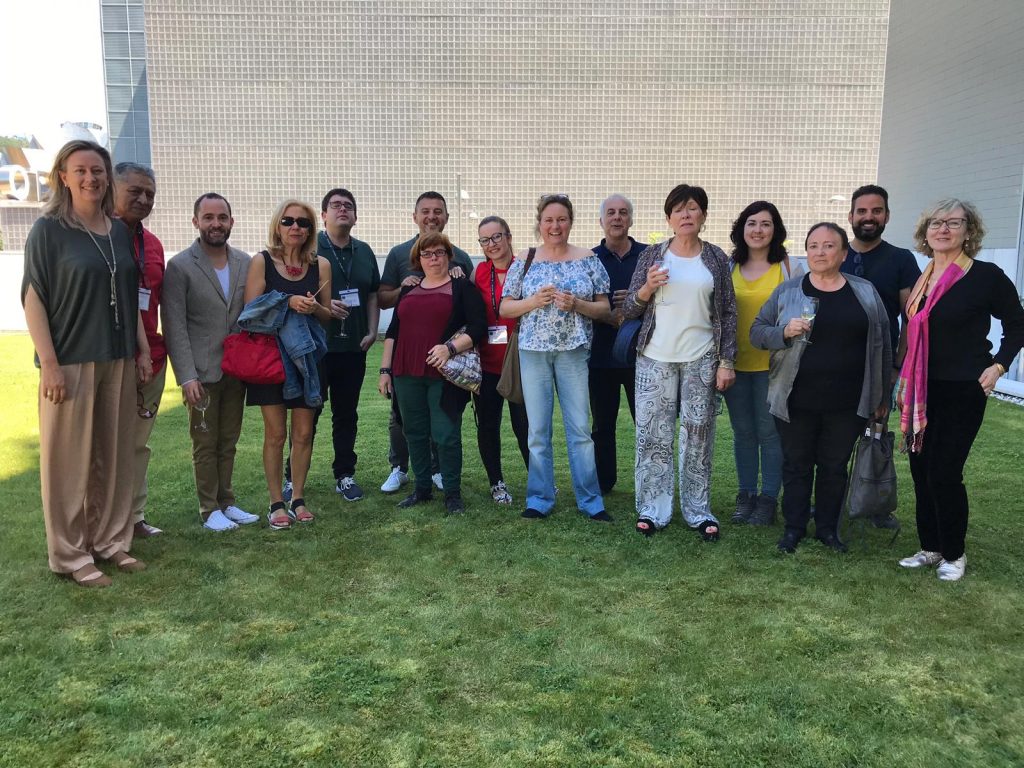 El pasado 31 de mayo tuvo lugar en Bilbao en la
El pasado 31 de mayo tuvo lugar en Bilbao en la 